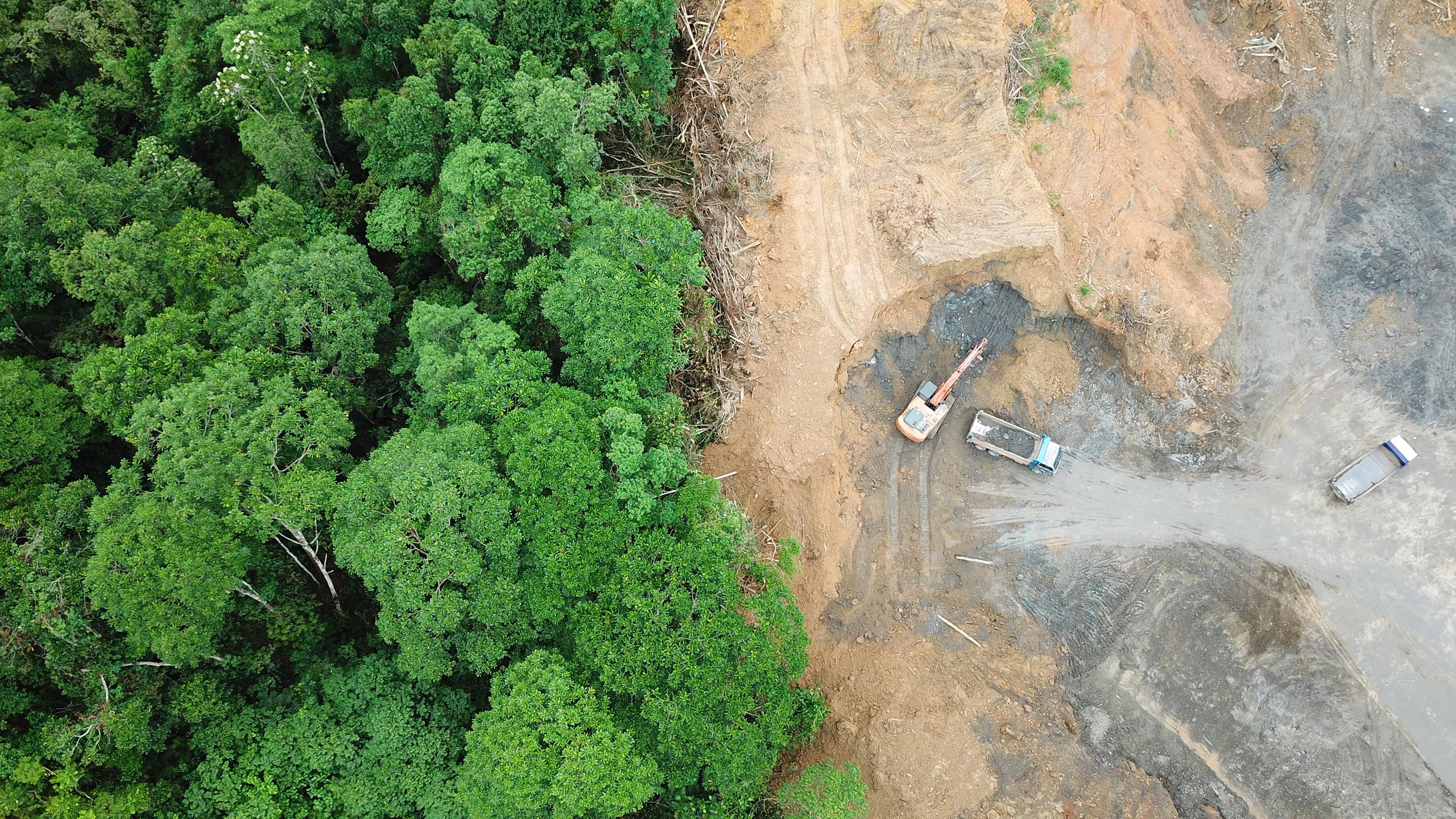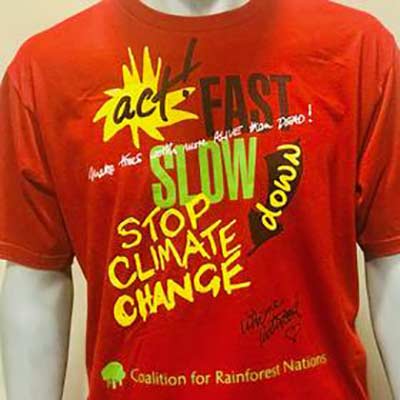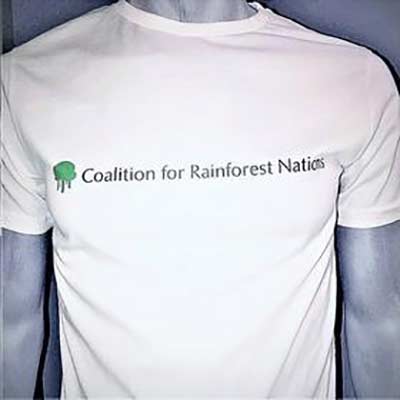Time is Running Out
Help Save Rainforests & Endangered Species
Time is Running Out
Scientists estimate that limiting warming to 1.5oC would reduce the odds of initiating the most dangerous and irreversible effects of climate change.
The Climate Emergency
2023 shattered all previous climate records, accompanied by extreme weather which has left a trail of devastation and despair, according to the World Meteorological Organization (WMO).
Key Messages
- 2023 set to be warmest year on record
- Greenhouse gas levels continue to increase
- Record sea surface temperatures and sea level rise
- Record low Antarctic sea ice
- Extreme weather causes death and devastation
During May and June 2023 Canada witnessed exceptionally extreme fire-weather conditions, leading to extensive wildfires that burned over 13 million hectares, and left many North American cities without visibility
Source: globalcarbonbudget.org
1.5 degrees Celsius
The Intergovernmental Panel on Climate Change (IPCC) – the United Nations body for assessing the science related to climate change – recommends that the world should attempt to limit global warming to 1.5°C compared with pre-industrial levels to reduce the challenging impacts on ecosystems, human health and well-being.
If current CO2 emissions levels persist, the remaining carbon budget for a 50% chance to limit warming to 1.5°C could be exceeded in 7 years, and in 15 years for 1.7°C, according to the Global Carbon Project.
Rainforest nations are slowing deforestation based on goodwill and with little financial support. Join our movement.
“The good news is that a 1.5-degree pathway is technically achievable. The bad news is that the math is daunting. Such a pathway would require dramatic emissions reductions over the next ten years—starting now.”
McKinsey, 2020
“The good news is that a 1.5-degree pathway is technically achievable. The bad news is that the math is daunting. Such a pathway would require dramatic emissions reductions over the next ten years—starting now.”
McKinsey, 2020
Good News
We must cut the planet’s emissions by 50% by 2030 and achieve net-zero carbon emissions by 2050 to align to a 1.5 degrees pathway, according to McKinsey.
Accelerating the energy transition off fossil fuels is fundamental. Together, we can fully decarbonize our electricity systems and buildings using solar and wind power; we can help industry recover from this recession with less of a thirst for fossil fuels; and encourage people with the means to buy a vehicle, choose electric. But for the planet to get to 50% decarbonization by 2030 will take more.
Accelerating the energy transition off fossil fuels is fundamental.
Rainforest nations are slowing deforestation based on goodwill and with little financial support. Join our movement.
“Even after accounting for ongoing reforestation efforts, deforestation today claims an area close to the size of Greece every year. Achieving a 1.5-degree pathway would mean dramatically slowing this.”
McKinsey, 2020
“Even after accounting for ongoing reforestation efforts, deforestation today claims an area close to the size of Greece every year. Achieving a 1.5-degree pathway would mean dramatically slowing this.”
McKinsey, 2020
Rainforests – A Critical Climate Solution
Tropical rainforests and land are a critical climate solution that our countries offer to the world, and without which our climate goals will not be possible. Combining an energy transition with our planet’s natural solutions gives us the best shot at aligning to the elusive 1.5 degrees C pathway in time.
Rainforests are one of the largest and most cost-effective emission reduction opportunities for the planet. And our coalition represents billions of acres of those rainforests and carbon reductions. From Papua New Guinea to the world’s second largest rainforest in the Congo Basin to central America – our rain forests absorb and store the greenhouse gases that the world emits and stops them from entering the atmosphere to create global warming.
McKinsey offers three scenarios to reaching our climate goals – and all require the curbing of global deforestation immediately.
Source: McKinsey.
“Deforestation—quite often linked to agricultural practices, but not exclusively so—is one of the largest carbon-dioxide emitters, accounting for nearly 15 percent of global CO2 emissions. Deforestation’s outsize impact stems from the fact that removing a tree both adds emissions to the atmosphere (most deforestation today involves clearing and burning) and removes that tree’s potential as a carbon sink. Even after accounting for ongoing reforestation efforts, deforestation today claims an area close to the size of Greece every year. Achieving a 1.5-degree pathway would mean dramatically slowing this.
By 2030, if all fossil-fuel emissions were rapidly reduced (as in our first scenario), and all sectors of the economy pursued rapid decarbonization, deforestation would still need to fall about 75 percent. In the other two scenarios, where reduced deforestation serves to help counteract slower decarbonization elsewhere, deforestation would need to be nearly halted as early as 2030. Either outcome would require a combination of actions (including regulation, enforcement, and incentives such as opportunity-cost payments to farmers),” McKinsey, 2020





